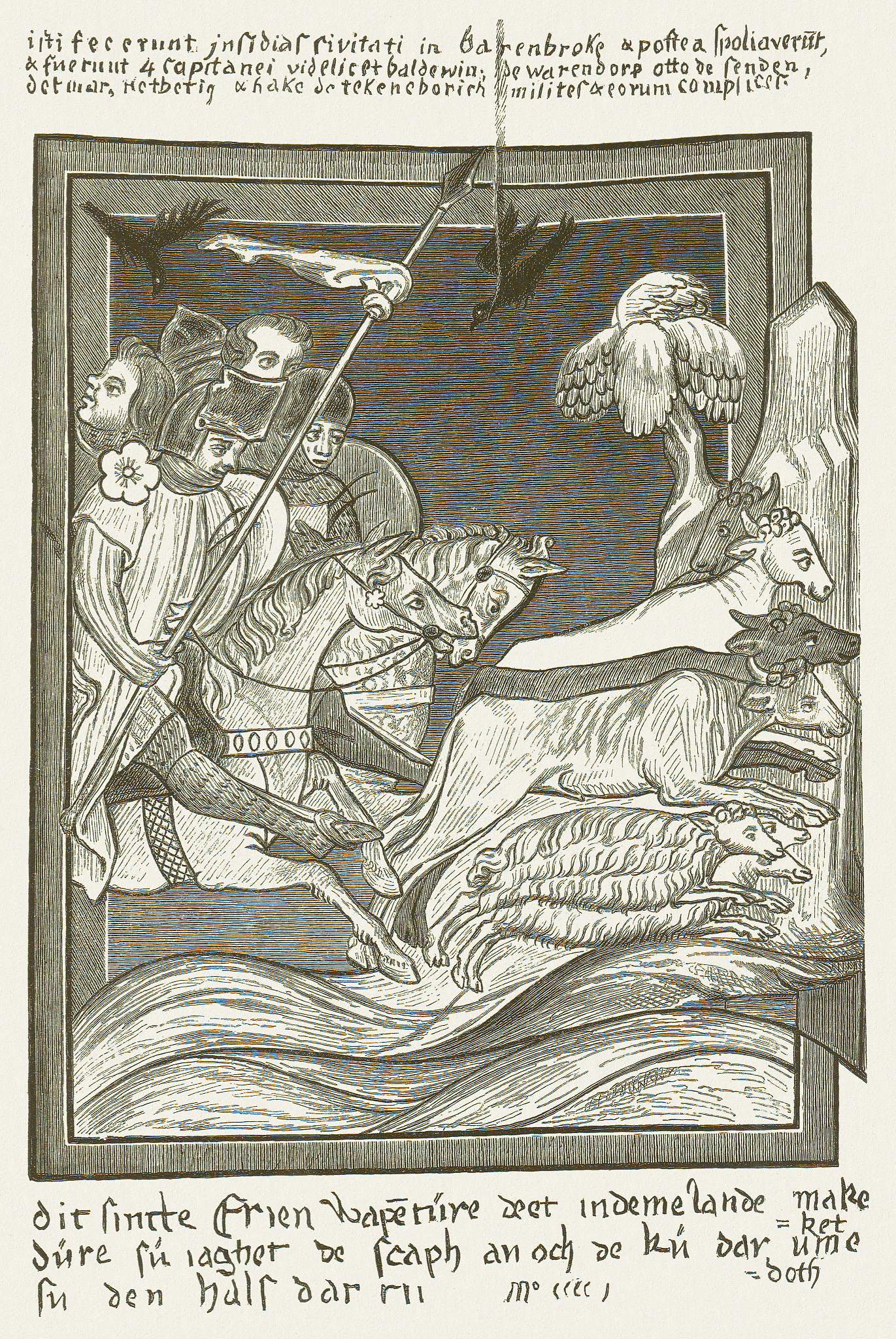Shakespeare's Complex Portrayal of Shylock in The Merchant of Venice
Shakespeare's portrayal of Shylock in 'The Merchant of Venice' is a subject of ongoing debate. He is a complex character, depicted as both a ruthless moneylender and a victim of deep-seated prejudice.
On the surface, Shylock embodies the anti-Semitic stereotypes prevalent in Elizabethan England. He is obsessed with money, vindictive in his pursuit of revenge against Antonio, and demands a pound of flesh as collateral for his loan, an act seen as barbaric and inhumane.
However, Shakespeare provides glimpses into Shylock's humanity, revealing the pain and anger caused by the constant discrimination he faces from Venetian society. He is subjected to insults, mockery, and religious persecution, which fuels his desire for vengeance. His famous 'Hath not a Jew eyes?' speech poignantly illustrates the depth of his suffering and his yearning for basic human dignity.
Ultimately, Shakespeare does not offer easy answers or simplistic judgments. Shylock's villainy is undeniable, yet he is also a product of the hate and intolerance that surrounds him. This complexity forces audiences to confront the play's uncomfortable questions about prejudice, revenge, and the nature of justice.

原文地址: https://www.cveoy.top/t/topic/fW9q 著作权归作者所有。请勿转载和采集!